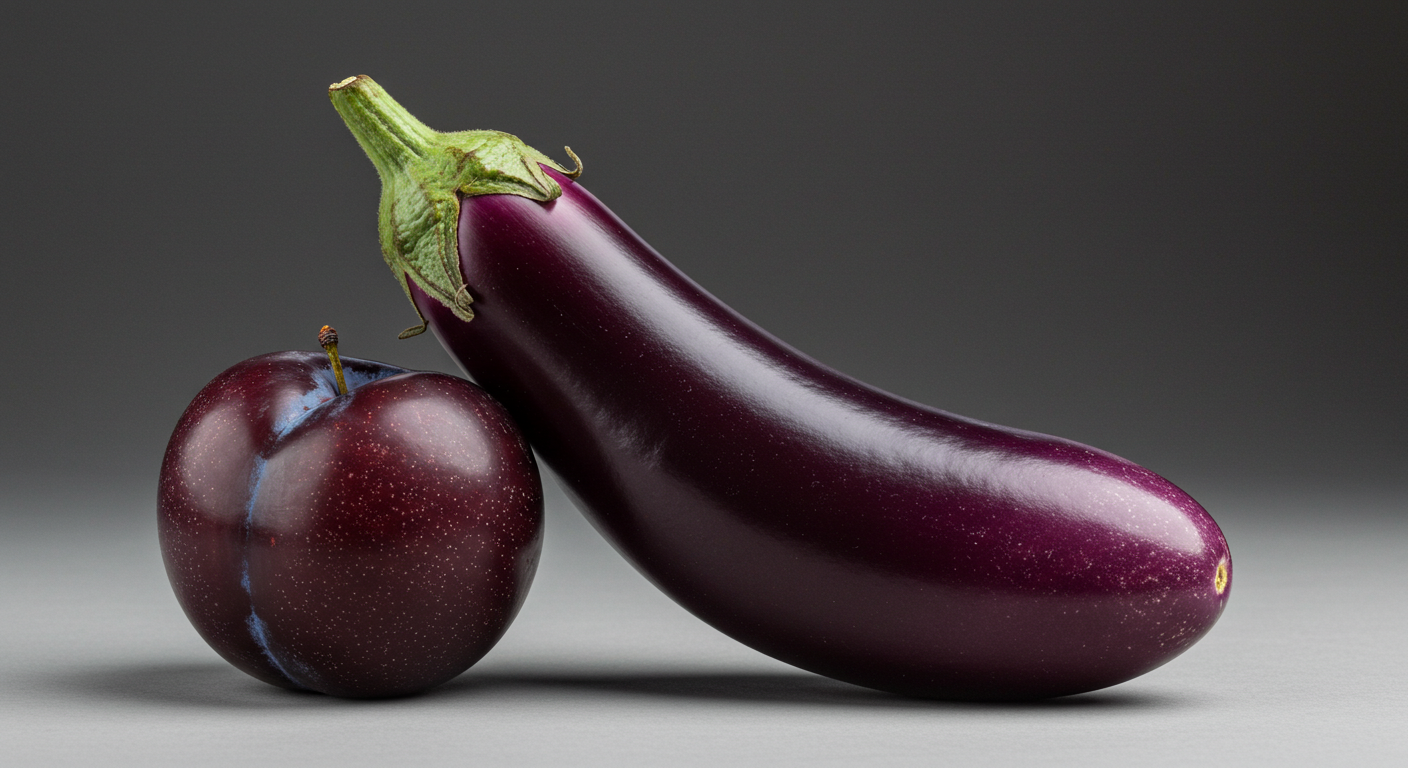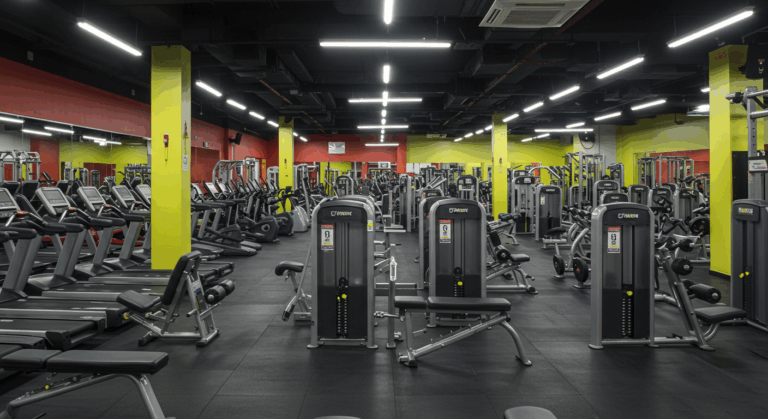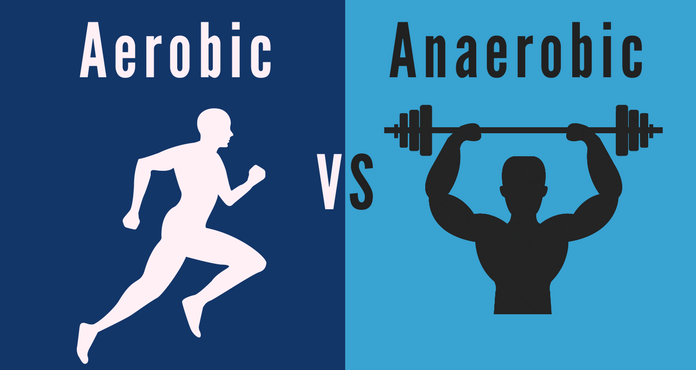Does Masturbation Affect Exercise Performance? Exploring the Connection Between Sexual Activity and Physical Fitness
Masturbation is a natural, common, and often private aspect of human behavior. Despite its universality, there remains a surprising amount of curiosity—and sometimes confusion—about how masturbation affects physical health, particularly in relation to exercise performance. Many people wonder: does masturbating before or after a workout impact strength, endurance, muscle recovery, or motivation?
This article explores the physiological and psychological effects of masturbation on exercise performance. We’ll examine scientific research, hormonal responses, energy levels, and mental focus to provide a comprehensive understanding of whether—and how—masturbation may influence your workout.
The Science Behind Masturbation and Physical Health
Before diving into the relationship between masturbation and exercise, it’s important to understand what happens in the body during sexual arousal and orgasm.
1. Hormonal Changes
During ejaculation or orgasm, the body releases several hormones:
- Dopamine : Known as the “feel-good” neurotransmitter, dopamine enhances mood and motivation.
- Oxytocin : Often referred to as the “love hormone,” oxytocin promotes relaxation and emotional bonding.
- Prolactin : Released after orgasm, prolactin induces a sense of fatigue and satisfaction.
- Testosterone : The primary male sex hormone, which plays a role in libido, muscle mass, and strength. In men, levels temporarily drop after ejaculation; in women, testosterone also fluctuates slightly.
These hormonal shifts can affect energy levels, mood, and even physical readiness for exercise.
2. Heart Rate and Blood Pressure
Sexual activity, including masturbation, increases heart rate and blood pressure temporarily—similar to moderate-intensity exercise like brisk walking. However, these changes are short-lived and not significant enough to cause concern in healthy individuals.
Does Masturbation Before a Workout Affect Performance?
Many athletes and fitness enthusiasts worry that ejaculating before a workout might reduce their strength or stamina. Let’s break down the evidence:
1. Short-Term Hormonal Impact
Some studies suggest that testosterone levels dip briefly after ejaculation. Since testosterone supports muscle growth, strength, and aggression (a trait valued in competitive sports), some believe this temporary decrease could impair performance.
However, research has not conclusively shown that this small, short-term decline significantly affects physical performance in real-world scenarios. One study published in Biology Letters found no measurable effect on grip strength or sprinting ability post-ejaculation.
2. Psychological Effects
Masturbation can induce feelings of relaxation and reduce stress due to the release of endorphins and oxytocin. While this can be beneficial for recovery days or low-intensity workouts, some individuals report feeling less aggressive or focused after ejaculation—traits that may be advantageous in powerlifting, combat sports, or high-intensity training.
Conversely, others feel more relaxed and mentally clear, which could enhance focus and form during complex movements or yoga sessions.
3. Energy Expenditure
Masturbation burns very few calories—roughly 5–10 calories per session—so it’s unlikely to deplete energy stores needed for a workout. However, if you engage in prolonged or intense sexual activity beforehand, you may experience mild fatigue.
Masturbation After Exercise: Benefits and Considerations
What about engaging in sexual activity or masturbation after working out? There are both potential benefits and drawbacks to consider.
1. Promotes Recovery
Post-exercise masturbation may help with recovery by:
- Reducing cortisol (stress hormone) levels
- Promoting relaxation and better sleep
- Enhancing parasympathetic nervous system activation
These effects can aid muscle recovery and reduce overall tension.
2. May Improve Sleep Quality
Ejaculation triggers the release of prolactin and oxytocin, which promote drowsiness and deep sleep. If you struggle with post-workout insomnia or overstimulation, masturbation may help you unwind.
3. Does Not Interfere with Muscle Growth
Despite myths suggesting otherwise, there is no scientific evidence that masturbation hinders muscle protein synthesis or gains from resistance training. As long as you’re consuming adequate protein and resting sufficiently, your sexual habits should not interfere with muscle growth.
Common Myths About Masturbation and Exercise
Let’s debunk some of the most persistent myths surrounding masturbation and physical performance:
✅ Myth: Ejaculation Lowers Testosterone Permanently
Reality: Testosterone levels return to normal within a few hours post-orgasm. There is no long-term impact on hormone levels or muscle development.
✅ Myth: You Should Avoid Ejaculation Before Competitions
Reality: Some coaches historically advised against sexual activity before competition, believing it drained energy. Modern research shows no negative correlation between pre-game masturbation and athletic performance.
✅ Myth: Masturbation Causes Weakness or Fatigue
Reality: While some people feel tired after ejaculation due to prolactin release, this is usually short-lived and varies individually. For many, it simply feels relaxing—not debilitating.
How Individual Differences Play a Role
Everyone’s body responds differently to sexual activity and exercise. Several factors influence how masturbation might affect your workout:
1. Age and Hormone Levels
Younger individuals may recover faster hormonally and physically compared to older adults. Hormonal fluctuations vary across the menstrual cycle in women, potentially influencing libido and energy levels.
2. Fitness Level
Experienced athletes may be less affected by minor hormonal changes than beginners or those new to fitness.
3. Psychological State
If you associate masturbation with guilt, shame, or distraction, it could negatively impact your mindset going into a workout. Conversely, if it helps you relax and focus, it may have a positive effect.
4. Cultural and Personal Beliefs
Cultural norms and personal values around sexuality can influence how one perceives the impact of masturbation on physical performance. These beliefs, while subjective, can still shape behavior and outcomes.
Practical Tips for Balancing Masturbation and Exercise
Here are some guidelines to help you find the right balance based on your goals and preferences:
1. Listen to Your Body
Pay attention to how you feel physically and emotionally after masturbating. If you notice consistent fatigue, lack of motivation, or reduced performance, consider adjusting the timing.
2. Experiment with Timing
Try masturbating at different times relative to your workout:
- Morning vs. evening
- Before vs. after training
- On rest days vs. active days
Track how each approach makes you feel and perform.
3. Prioritize Recovery
If you’re doing heavy strength training or endurance events, ensure you’re getting enough sleep, nutrition, and hydration. Masturbation is unlikely to interfere if your recovery is already solid.
4. Focus on Consistency Over Rituals
There’s no need to follow strict rules unless they work for you personally. Focus on consistency in your training, nutrition, and lifestyle habits rather than rigid routines around sexual activity.
Conclusion: Is Masturbation Good or Bad for Exercise?
In summary, masturbation is a normal and healthy activity that generally does not hinder exercise performance. In fact, for many people, it can enhance well-being, reduce stress, and improve sleep—all of which support fitness goals.
While there may be slight hormonal fluctuations and individual variations in response, there is no conclusive evidence that masturbation impairs strength, endurance, or muscle growth when done in moderation.
Ultimately, the best approach is to listen to your body, stay informed, and make choices that align with your personal goals and comfort level. Whether you choose to masturbate before, after, or away from your workouts, what matters most is maintaining a balanced, sustainable fitness routine that supports your overall health and happiness.
Frequently Asked Questions (FAQ)
Q: Does ejaculating before lifting weights lower testosterone enough to affect gains?
A: No. Any drop in testosterone after ejaculation is temporary and not significant enough to impact muscle growth.
Q: Can masturbation help with muscle recovery?
A: Yes, through the release of oxytocin and prolactin, which promote relaxation and better sleep—both essential for recovery.
Q: Should I avoid masturbation before competitions or intense workouts?
A: Only if you personally feel sluggish or unfocused afterward. Otherwise, it’s generally safe and won’t harm performance.
Q: Does female masturbation affect workout performance differently than male masturbation?
A: Hormonal responses are similar but vary due to differences in physiology. Overall, the impact on exercise is minimal for both genders.
Q: How many calories do you burn masturbating?
A: Approximately 5–10 calories, depending on duration and intensity.
Final Thoughts
Masturbation and exercise are both integral parts of a healthy lifestyle. Understanding how they interact allows you to make informed decisions that enhance your physical and mental well-being. Remember, there’s no one-size-fits-all answer—what works for one person may not work for another. Stay curious, stay open-minded, and prioritize what makes you feel your best.





